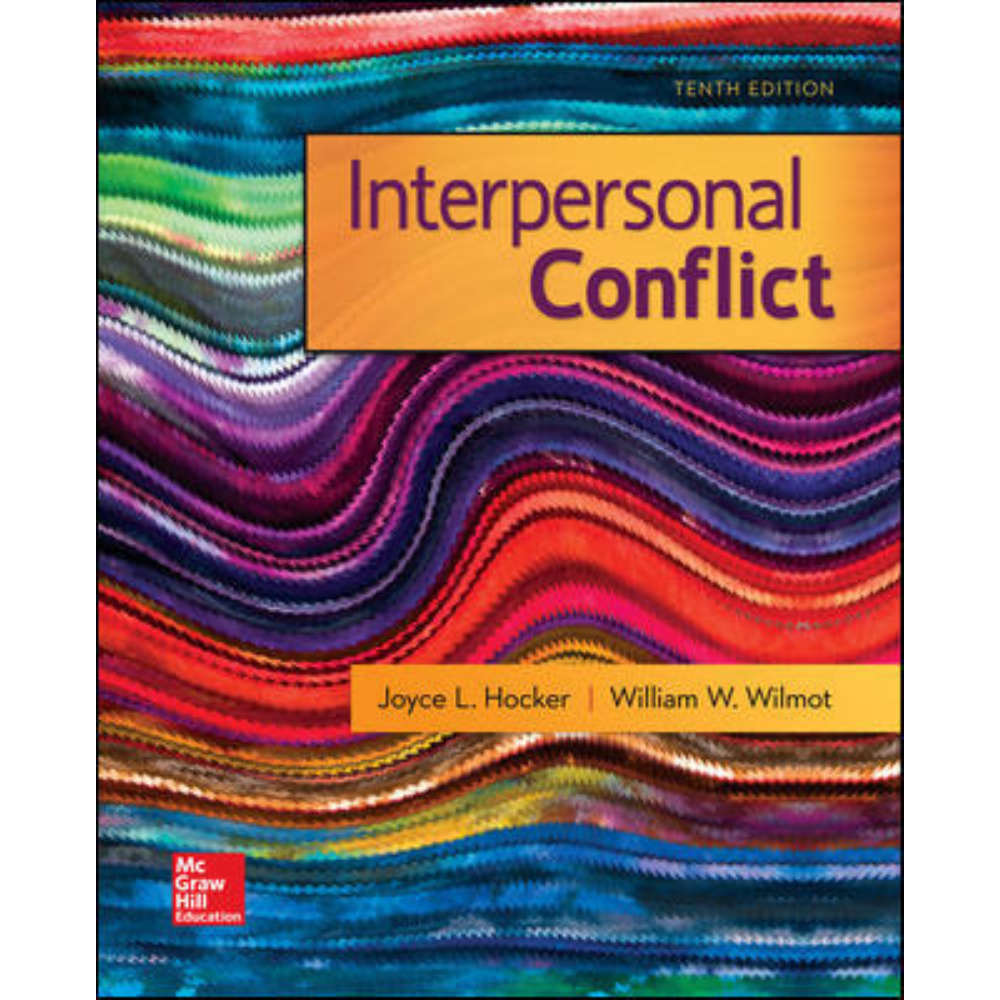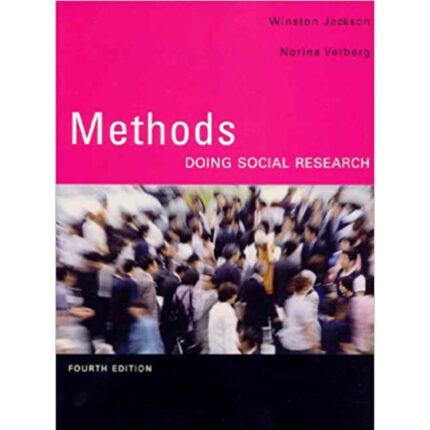EXAM QUESTIONS:
Chapter 10
True/False
T F 1. Your book says that memories are essential to the forgiveness process
since they may help you become less susceptible to repeated injury.
T F 2. According to the text, sometimes forgiveness is best approached as a
decision in order to give a person something to “do.”
T F 3. Repairing a relationship so that reengagement, cooperation, and trust become
possible after a transgression is what your book calls “reconciliation.”
T F 4. The text suggests that children who’ve been abused should try to forget about
the events and memories so they can move on more easily.
T F 5. A common misconception about forgiveness is that it excuses the behavior
of the transgressor seeking forgiveness.
T F 6. One effective way to offer forgiveness to another is to ask the person to meet
a condition that is important to you.
T F 7. An effective apology includes making amends for the wrongdoing.
T F 8. Unlike giving forgiveness, receiving forgiveness is a simple task.
T F 9. Part of the process of forgiving someone is to face the anger you feel.
T F 10. In the phase of “transcendence,” a person is able to stop obsessing over
images and messages from the past.
T F 11. Revenge, especially in the form of violence, seems to settle the score in the
short run, but almost always provides justification for counter-revenge.
T F 12. Pressure to forgive, especially when it is applied by those with more power,
may serve to eliminate the hierarchical structures that made the abuse possible in
the first place.












Reviews
There are no reviews yet.